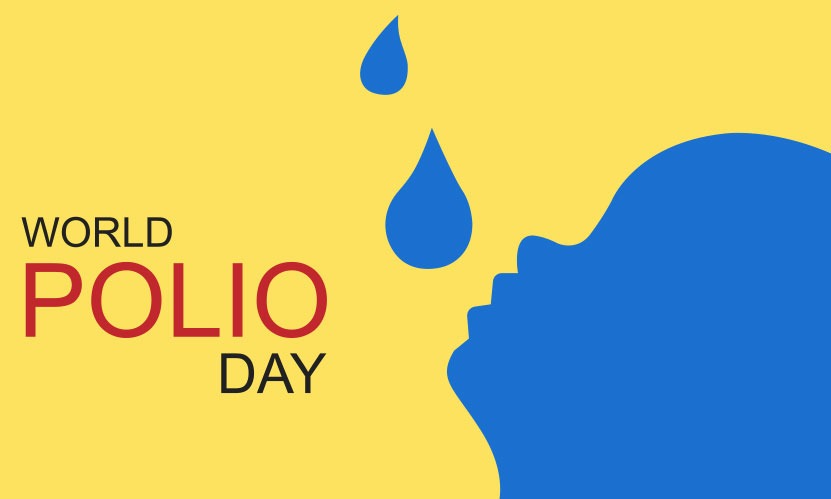The World Health Organisation (WHO) has reported a decline in the number of African countries with active type 2 poliovirus outbreaks, dropping from 24 to 14 between 2024 and 2025, alongside a 54 per cent reduction in virus detections.
Dr Mohamed Janabi, WHO Regional Director for Africa, made the announcement in commemoration of World Polio Day on October 24, emphasising the theme: “End Polio: Every Child, Every Vaccine, Everywhere.”
Janabi lauded Africa’s progress toward becoming polio-free and renewed the commitment to protecting every child from the preventable disease through coordinated vaccination efforts.
He said in April 2025, Health Ministers inaugurated a campaign to vaccinate 83 million children in the sub-region, contributing to significant reductions in poliovirus outbreaks and detection rates.
He added that by October 2025, two countries reported type 1 cases, 14 reported type 2, and three reported type 3 poliovirus cases, reflecting continued challenges and progress across Africa.
According to him, the progress reflects improved cross-border coordination, surveillance, laboratory capacity, and digital tools that enhance vaccination reach, efficiency, and equity across African nations.
“Between January and October 2025, 15 countries vaccinated nearly 200 million children with at least one polio vaccine dose during supplementary immunisation campaigns.
“Thirteen countries coordinated synchronised campaigns, even in difficult contexts, including the Horn of Africa, where four countries vaccinated over 18 million children in two rounds.
“Cross-border synchronisation in the Lake Chad Basin and Sahel regions has been critical to reaching children in border communities, reducing polio transmission in vulnerable populations.
“Madagascar declared the end of its circulating poliovirus type 1 outbreak in May 2025 after sustained response measures and continued surveillance efforts.”
Janabi said by mid-2025, 11 WHO-supported labs expanded genomic sequencing, with six piloting advanced techniques; Uganda’s Sanger facility accreditation improved virus detection and variant tracking.
“Environmental surveillance has expanded: 98 per cent of African countries monitor wastewater and sewage for polioviruses, enabling early detection and rapid response before wider virus spread.
“Digital innovation supports frontline teams, with more than 850,000 workers paid via mobile money within 10 days, improving accountability and timeliness, especially in remote areas.
“Geospatial mapping helps identify and reach previously missed children, including nomadic and border populations, improving vaccination coverage and outbreak prevention.
“In spite of progress, challenges remain: declining routine immunisation, vaccination campaign interruptions, insecurity, and vaccine hesitancy still threaten polio eradication efforts.”
Janabi urged sustained cross-border coordination, focus on zero-dose children, expanded surveillance, and high-quality outbreak responses to fully eradicate polio in Africa.
“Ending polio means strengthening health systems, workforce, and networks that support immunisation, outbreak preparedness, and resilient healthcare services across the continent.
“The final push requires continued commitment, adequate financing, and coordinated action to reach every child with every vaccine and consign polio to history forever.
“The last mile is the hardest but most important. On World Polio Day, let us renew determination to protect every child, everywhere, and end polio forever,” Janabi added.

